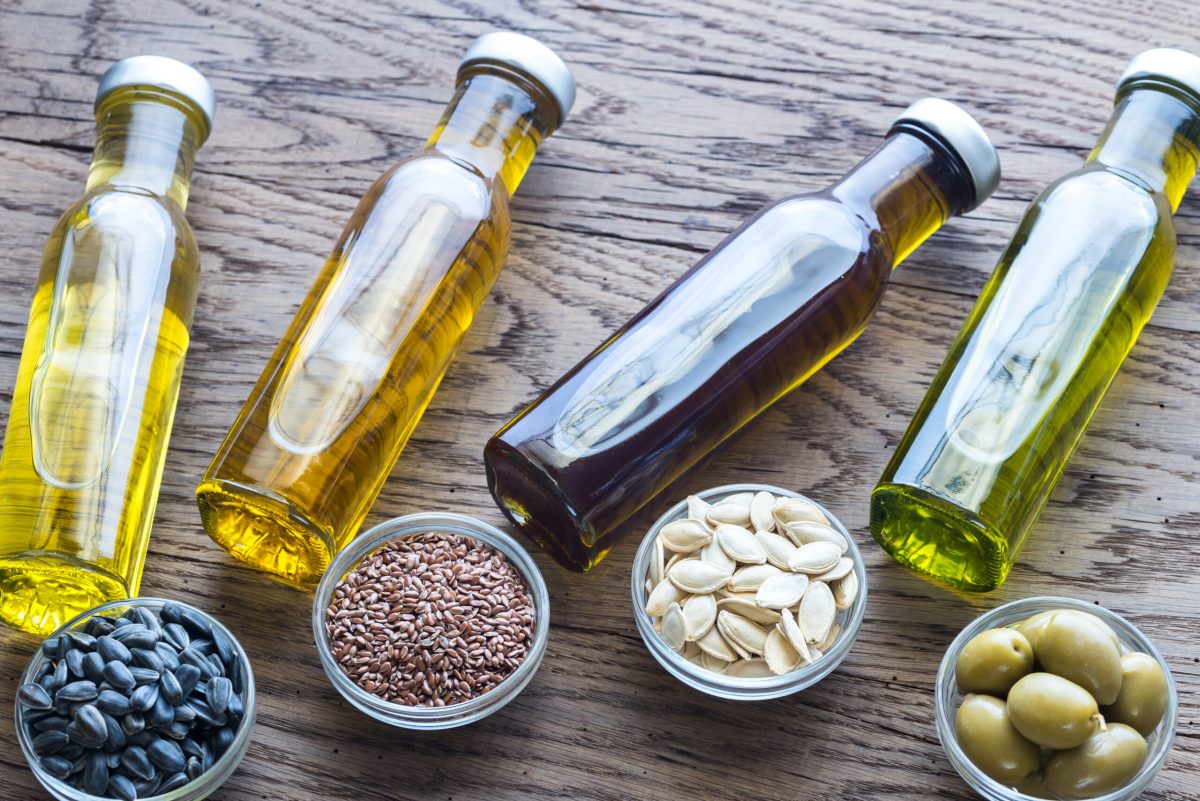When it comes to cooking oils, there are many different options to choose from. Among the most popular are seed oils and olive oil. While each has its own unique nutritional profile, there is some debate as to which offers healthier benefits. In this article, we will compare seed oils vs. olive oil to determine which one is the healthier choice.
Seed Oils
Seed oils, also known as vegetable oils, are derived from various seeds, including soybean, corn, sunflower, and canola. These oils are often used for frying, baking, and salad dressings. While they may be convenient, they are not always the healthiest option.
One of the main concerns with seed oils is their high levels of omega-6 fatty acids. While the body needs some omega-6s, too much can cause inflammation and contribute to chronic diseases such as heart disease and cancer. Seed oils also tend to be highly processed, which can strip them of their nutrients and leave behind harmful chemicals.
Olive Oil
Olive oil, on the other hand, is a type of oil that is derived from the fruit of the olive tree. It is rich in monounsaturated fatty acids, which are known to improve heart health and reduce inflammation in the body. Olive oil is also high in antioxidants, which can help protect the body against damage from free radicals.
Unlike seed oils, olive oil is minimally processed, which helps to preserve its nutrients. It also has a high smoke point, which makes it a great option for cooking at high temperatures. Additionally, some studies have suggested that olive oil may have cancer-fighting properties.
Which is Healthier?
While seed oils and olive oil both have their benefits, olive oil is generally considered the healthier choice. This is due to its high levels of monounsaturated fatty acids and antioxidants, as well as its low levels of omega-6 fatty acids. Additionally, the fact that it is minimally processed and has a high smoke point makes it a great option for cooking and baking.
It’s worth noting that not all olive oils are created equal. Extra-virgin olive oil, which is made from the first pressing of the olives, is the highest quality and most nutrient-dense option. It also has the most intense flavor, which may not be suitable for all dishes. Regular olive oil, on the other hand, is a more affordable option that is still healthy but may not have the same nutritional benefits as extra-virgin olive oil.
Cooking oils are an essential ingredient in many dishes, but not all oils are created equal when it comes to health benefits. Some oils are better than others for cooking, depending on their nutritional profile and smoke point. In this article, we will explore some of the healthiest types of oils to cook with.
- Olive Oil: Olive oil is one of the healthiest oils you can use for cooking. It’s high in monounsaturated fatty acids, which have been shown to improve heart health and reduce inflammation in the body. Extra virgin olive oil is the best option, as it is minimally processed and contains the highest levels of antioxidants. However, it has a low smoke point and should not be used for high-heat cooking such as frying.
- Coconut Oil: Coconut oil is another healthy oil that has gained popularity in recent years. It is high in medium-chain triglycerides (MCTs), which are easily digested and can provide quick energy to the body. Coconut oil is also rich in lauric acid, which has antimicrobial properties. It has a high smoke point and can be used for high-heat cooking such as frying.
- Avocado Oil: Avocado oil is a healthy oil that is high in monounsaturated fatty acids, similar to olive oil. It also contains vitamin E and antioxidants, which can help protect the body against damage from free radicals. Avocado oil has a high smoke point, making it suitable for high-heat cooking such as frying and grilling.
- Canola Oil: Canola oil is a healthy oil that is low in saturated fat and high in monounsaturated and polyunsaturated fats. It also contains omega-3 fatty acids, which have been shown to have heart-protective effects. Canola oil has a high smoke point, making it suitable for high-heat cooking such as frying.
- Sesame Oil: Sesame oil is a healthy oil that is high in antioxidants and has been shown to have anti-inflammatory effects. It also contains sesamol, a compound that has been shown to have heart-protective effects.
In conclusion, while seed oils may be convenient, they are not always the healthiest option due to their high levels of omega-6 fatty acids and processing methods. Olive oil, on the other hand, is rich in nutrients and has a high smoke point, making it a healthier choice for cooking and baking. When selecting olive oil, it’s important to choose a high-quality option, such as extra-virgin olive oil, for the most health benefits.









